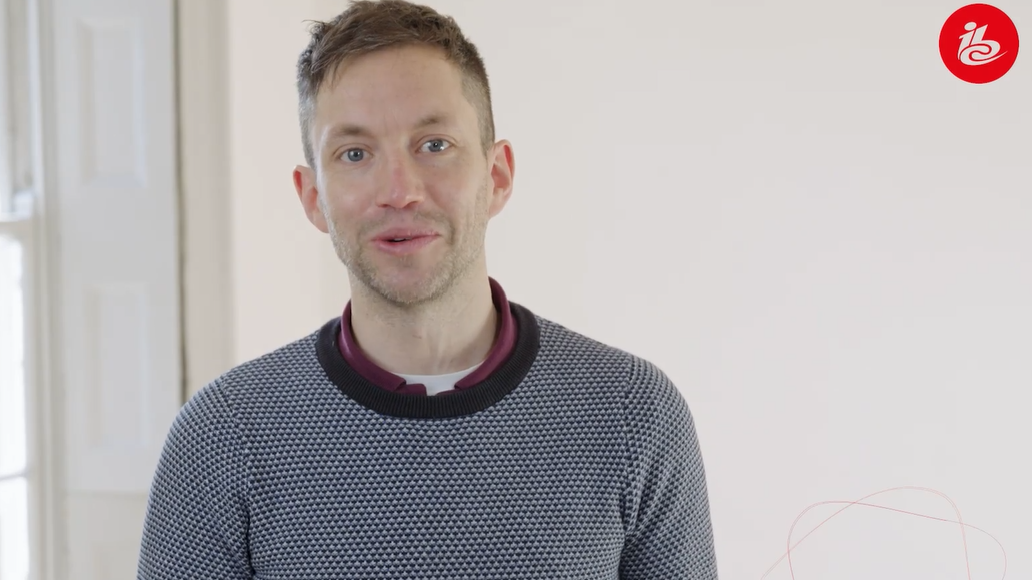The application of artificial intelligence in audio is not a recent development, and it’s not coming for our jobs, but it is coming for our audiences. The past year has seen several advances in how AI is impacting audio, and it’s happening on both sides of the production chain, writes Kevin Emmott.
Most if not all audio engineers working in broadcast will have benefitted from artificial intelligence (AI) at some stage in their workflows; machine learning (ML) and AI have been helping clean up audio signals for almost 30 years now. Noise reduction and forensic audio specialist Cedar Audio has been applying machine learning to transparently clean up signals since the 1990s, and those concepts are still being used today...
You are not signed in
Only registered users can read the rest of this article.
MIP London: “A lot of creators feel held hostage by algorithms”
Digital creators, television producers, platforms, distributors, buyers, and brands across all genres gathered at the IET and Savoy Hotel this week to attend the second-ever iteration of MIP in London.

Sundance: Representation matters, today more than ever
As minority communities face attack in the US, two new films screened at Sundance Film Festival offer powerful takes on Latino American and Chicano culture.

IBC Content Everywhere: Keeping the customer
Consumers have a lot of choices these days when it comes to streaming video content. Indeed, the sheer number of available services can seem overwhelming, leaving customers with often difficult decisions to make about which services to choose, especially when they already have several other demands on their wallets. In this piece, Content Everywhere companies explore what streaming providers can and should be doing to retain existing customers and attract new ones where possible.

Virtual thinking: Is education keeping pace with industry requirements?
Investments in university-led facilities and studio partnerships throughout the UK have seen virtual production, real-time engines and hybrid pipelines move from the margins into mainstream curricula. But is higher education matching the skills demand from the industry? Michael Burns reports.
Vertical dramas: Market disruptor or passing fancy?
As studios begin to embrace the potential of vertical micro-dramas, should their rise be dismissed as merely a fad or a profound shift in the production, consumption and gender-bias of global storytelling?




